Runway shows have long been the epitome of the fashion industry, serving as the ultimate stage where designers showcase their creativity and set the trends that will dominate the seasons to come. From the grandeur of Paris Fashion Week to the avant-garde presentations of New York Fashion Week, these events hold a special place in the hearts of fashion enthusiasts worldwide.
Historical Evolution of Women’s Fashion
Throughout history, women’s fashion has undergone a remarkable evolution, influenced by cultural shifts, social movements, and technological advancements. From the opulent gowns of the Victorian era to the sleek silhouettes of the 21st century, each era has left its mark on the fashion landscape. Similarly, the concept of runway shows has evolved over time, transitioning from intimate salon presentations to large-scale productions attended by industry insiders and celebrities alike.
The Significance of Runway Shows
Runway shows play a pivotal role in shaping the fashion zeitgeist, serving as a platform for designers to express their artistic vision and push the boundaries of creativity. Beyond showcasing individual garments, these events encapsulate the ethos of a brand, conveying its identity and aesthetic to a global audience. Moreover, runway shows serve as a barometer of cultural trends, reflecting the collective mood and aspirations of society at large.

Top Runway Shows in Women’s Fashion
From the prestigious catwalks of Paris to the bustling streets of Tokyo, fashion weeks around the world offer a glimpse into the diverse landscape of women’s fashion. Each year, designers, models, and industry insiders flock to these events to witness the unveiling of new collections and discover the next big trend. Among the most renowned fashion weeks are Paris Fashion Week, Milan Fashion Week, London Fashion Week, and New York Fashion Week, each boasting its own unique charm and allure.
Fashion Weeks Around the World
While Paris, Milan, London, and New York remain the undisputed capitals of fashion, emerging markets such as Shanghai, Seoul, and São Paulo are rapidly gaining prominence on the global stage. These cities offer a fresh perspective on fashion, blending traditional influences with contemporary flair. As such, fashion weeks in these regions serve as hotbeds of innovation and creativity, showcasing the diverse talent that exists beyond the traditional fashion capitals.
The Role of Models in Runway Shows
Models play a crucial role in bringing designers’ visions to life on the runway, embodying the essence of a collection through their grace, poise, and charisma. In recent years, there has been a growing emphasis on diversity and inclusivity in the fashion industry, with designers casting models of various sizes, ethnicities, and backgrounds. This shift towards greater representation has helped challenge conventional beauty standards and promote a more inclusive vision of fashion.
Behind the Scenes: The Making of a Runway Show
Behind the glamour and glitz of a runway show lies months of meticulous planning, coordination, and creativity. Designers work tirelessly to conceptualize their collections, drawing inspiration from a myriad of sources ranging from art and culture to nature and technology. Meanwhile, stylists collaborate with hair and makeup artists to create the perfect look that complements the designer’s vision. On the day of the show, models undergo fittings and rehearsals to ensure that every detail is executed flawlessly.
Technology and Runway Shows
In an age of digital innovation, technology has transformed the way runway shows are presented and consumed. From live-streaming platforms to virtual reality experiences, designers are leveraging cutting-edge technology to reach a wider audience and enhance the immersive nature of their presentations. Virtual fashion shows, in particular, have gained traction in recent years, offering viewers the opportunity to experience the excitement of a runway show from the comfort of their own homes.
Criticism and Controversies Surrounding Runway Shows
Despite their cultural significance, runway shows have not been immune to criticism and controversy. The fashion industry has long been criticized for perpetuating unrealistic beauty standards and promoting an unhealthy obsession with thinness. Moreover, concerns have been raised about the environmental impact of fast fashion and the exploitation of garment workers in developing countries. As such, there is a growing movement towards sustainability and ethical fashion, with designers and consumers alike demanding greater transparency and accountability from brands.
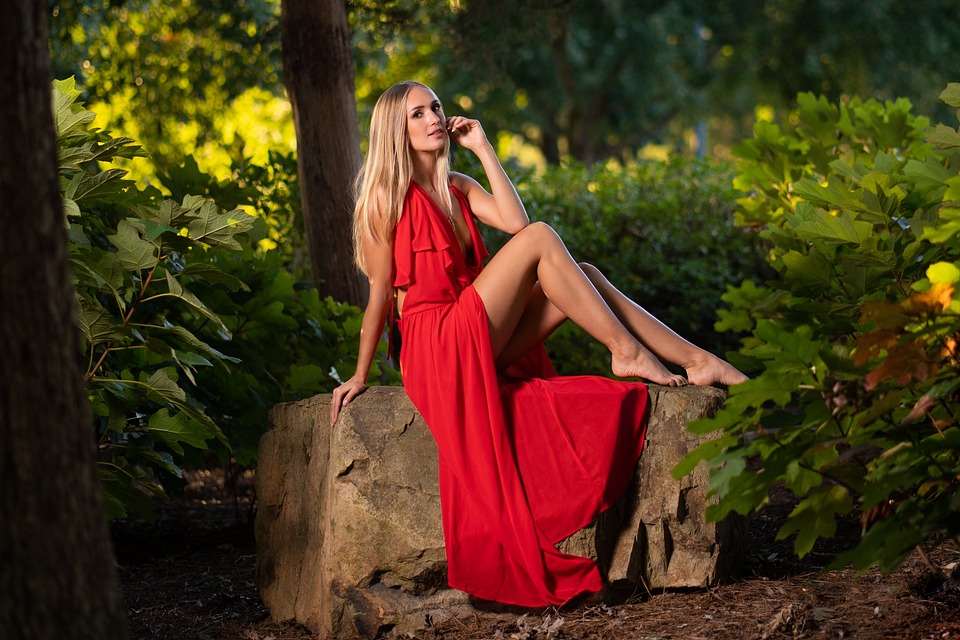
Future Trends in Runway Shows
Looking ahead, the future of runway shows promises to be both exciting and transformative. As the fashion industry grapples with the challenges of sustainability and inclusivity, designers are increasingly embracing eco-friendly materials and production methods. Likewise, advancements in technology are opening up new possibilities for immersive and interactive fashion experiences, blurring the lines between the physical and digital worlds. Ultimately, runway shows will continue to serve as a celebration of creativity and self-expression, inspiring generations to come.
Conclusion
In conclusion, runway shows occupy a central role in the world of women’s fashion, serving as a platform for creativity, innovation, and self-expression. From the grandeur of Paris Fashion Week to the avant-garde presentations of emerging designers, these events capture the imagination of fashion enthusiasts worldwide, setting the trends that will shape the industry for years to come. As we look towards the future, it is clear that runway shows will remain a cornerstone of the fashion landscape, reflecting the ever-evolving nature of style and culture.
FAQs:
- Are runway shows only for high-end fashion brands?
- While many runway shows feature luxury fashion brands, there are also plenty of opportunities for emerging designers and independent labels to showcase their collections.
- How are models selected for runway shows?
- Models are typically selected based on their unique look, runway experience, and ability to embody the designer’s vision. Increasingly, there is also a focus on diversity and inclusivity in casting decisions.
- Do runway shows influence everyday fashion trends?
- Absolutely! Runway shows often set the tone for upcoming fashion trends, inspiring designers, retailers, and consumers alike.
- Are runway shows open to the public?
- While some runway shows are exclusive events reserved for industry insiders and VIP guests, others are open to the public through ticket sales or live-streaming platforms.
- How can I stay updated on upcoming runway shows and fashion events?
- Keeping an eye on fashion publications, social media platforms, and official fashion week websites is a great way to stay informed about upcoming runway shows and fashion events around the world.

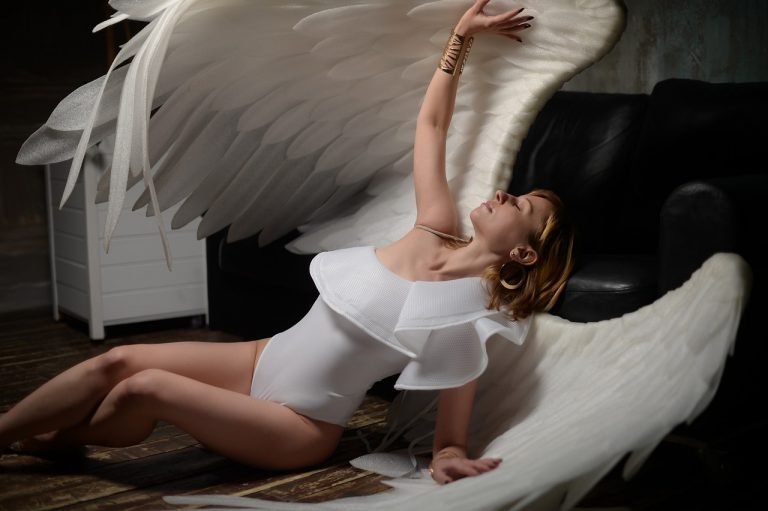
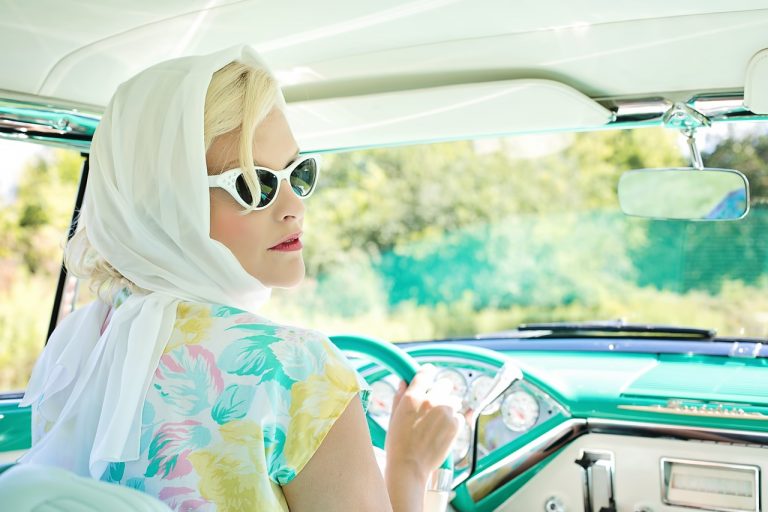





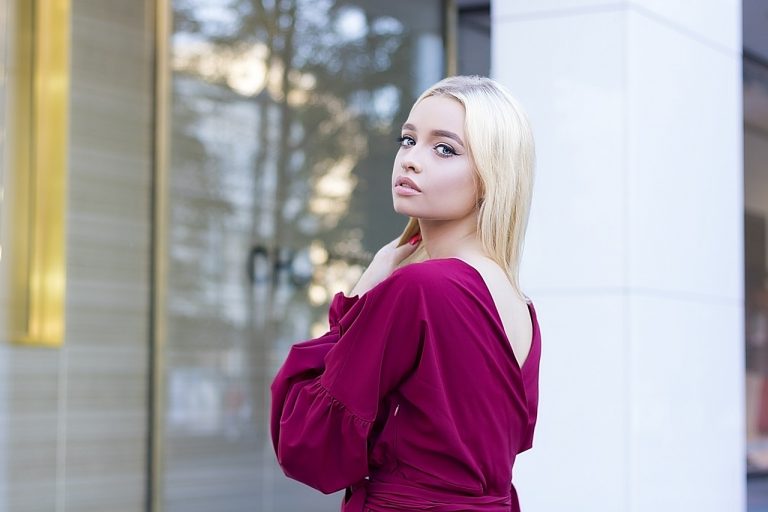
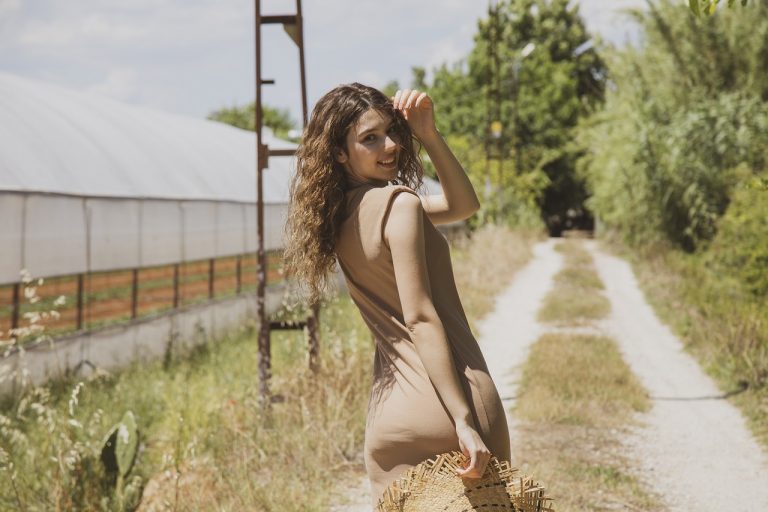
+ There are no comments
Add yours